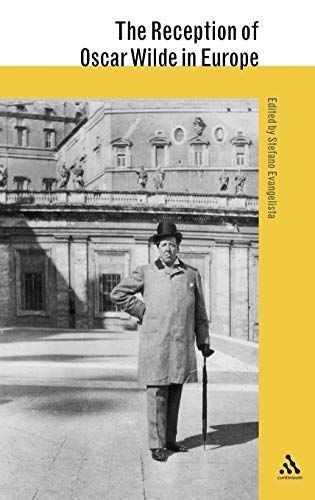
The Reception of Oscar Wilde in Europe
Oscar Wilde (1854-1900) is now widely recognised not only as one of the most representative figures of the British fin de siècle, but as one of the most influential Anglophone authors of the nineteenth century. In Britain Wilde suffered a long period of comparative neglect following the scandal of his conviction for 'gross indecency' in 1895; and it is only recently that his works have been reassessed. But while Wilde was subjected to silence in Britain, he became a European phenomenon. His famous dandyism, his witticisms, paradoxes and provocations became the object of imitation and parody; his controversial aesthetic doctrines were a strong influence not only on decadent writers, but also on the development of symbolist and modernist cultures. This collection of essays by leading international scholars and translators traces the cultural impact of Oscar Wilde's work across Europe, from the earliest translations and performances of his works in the 1890s to the present day.